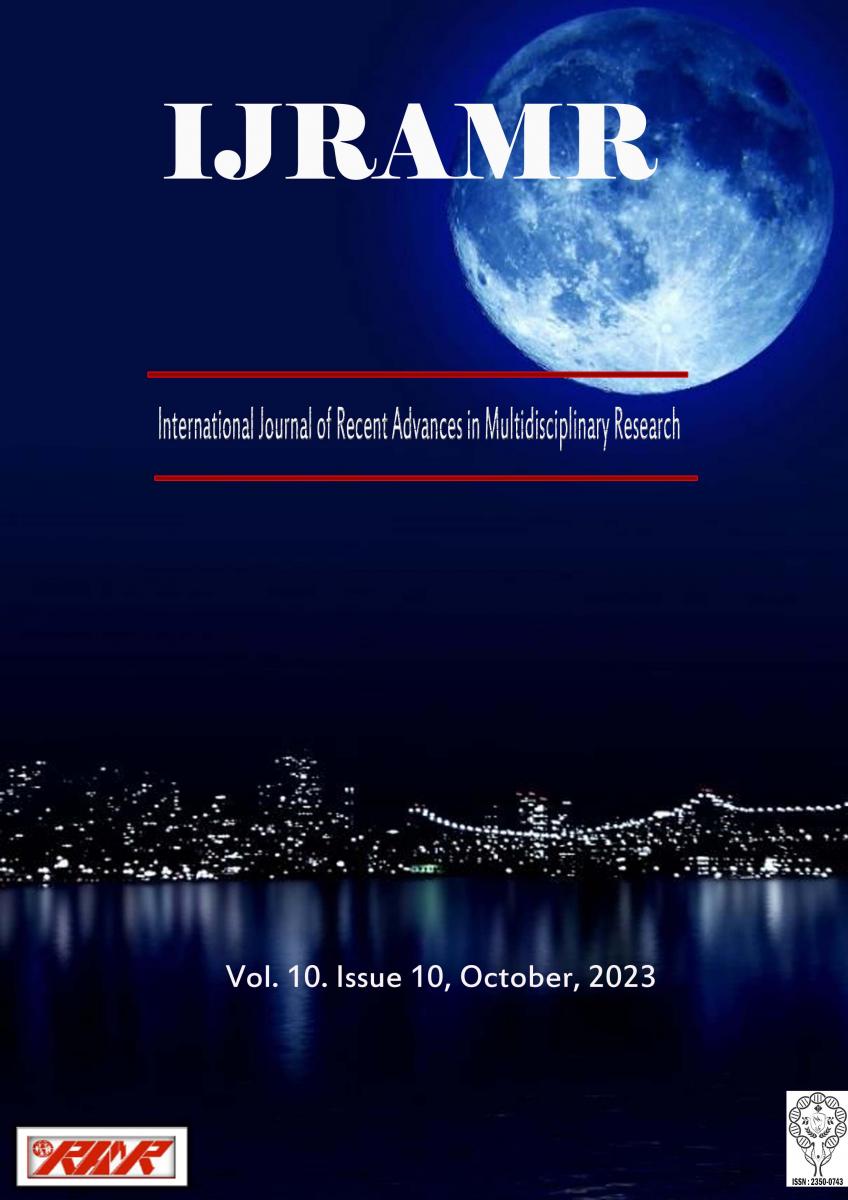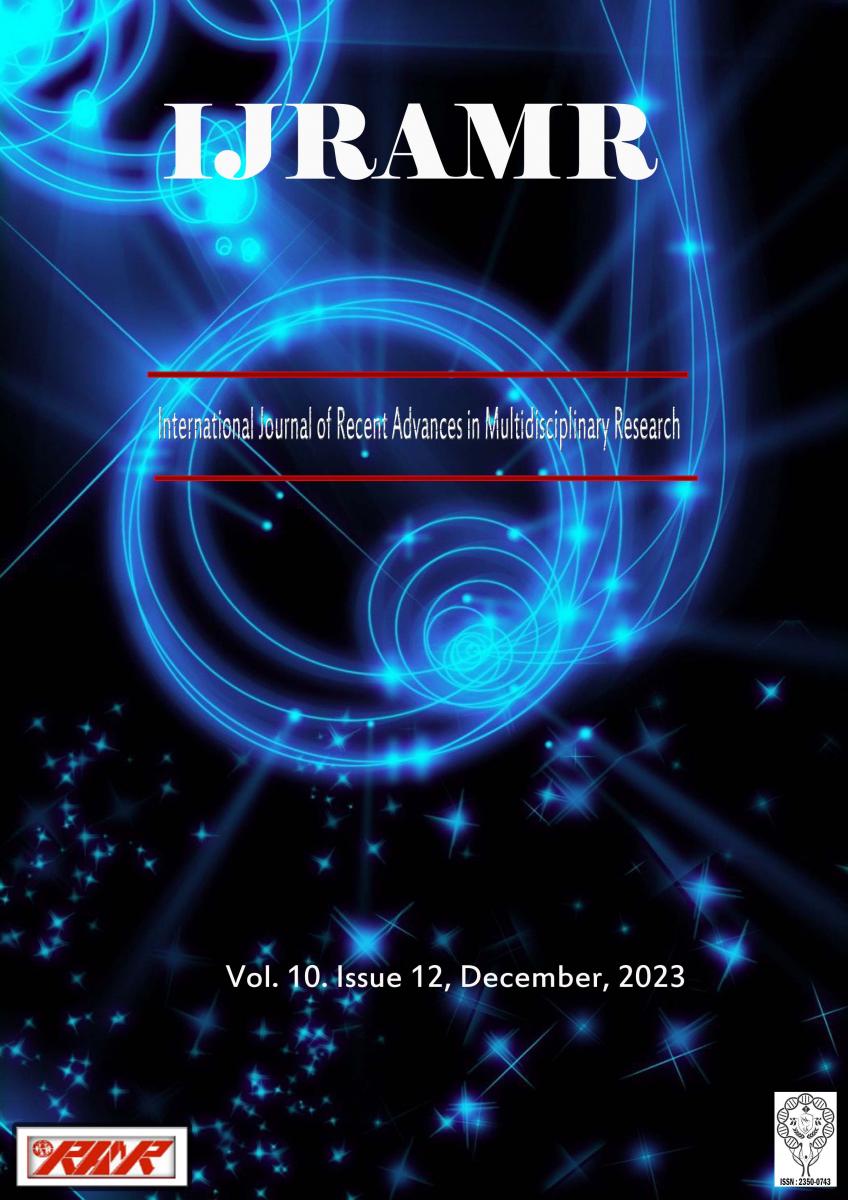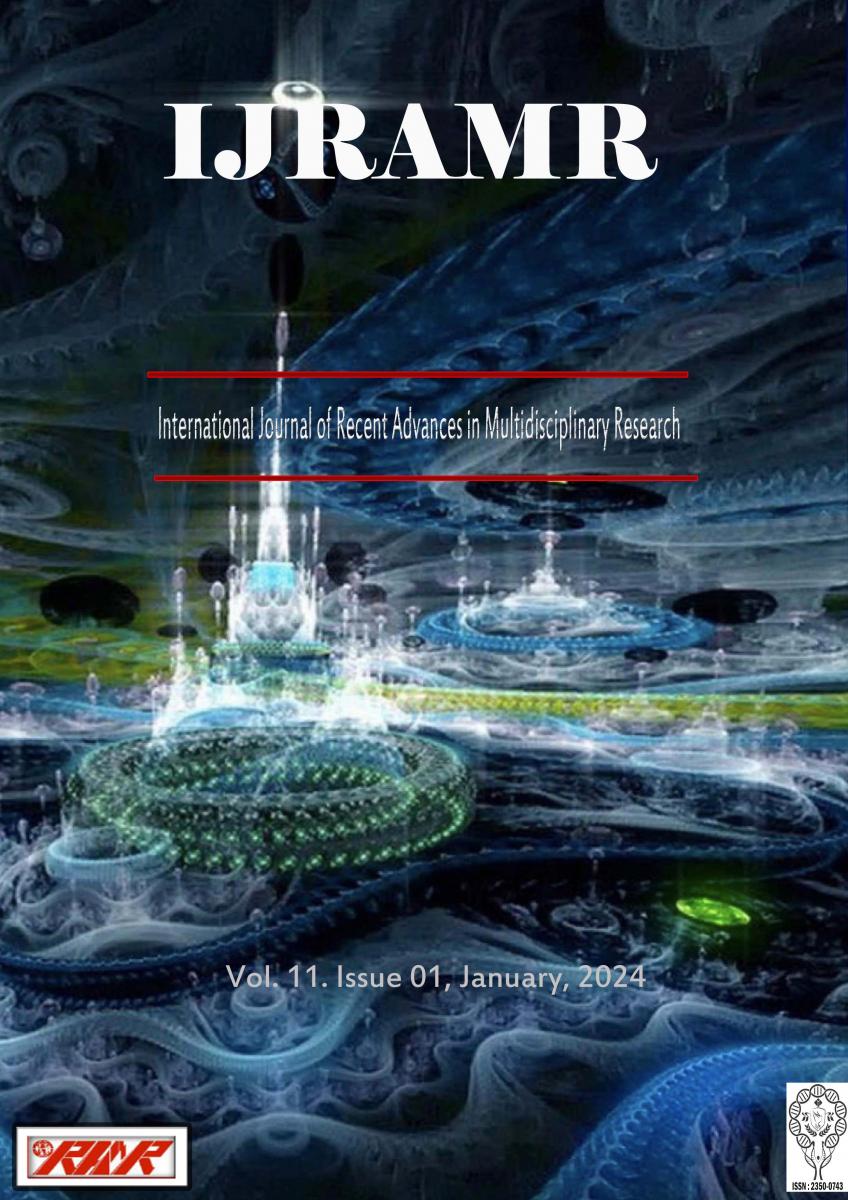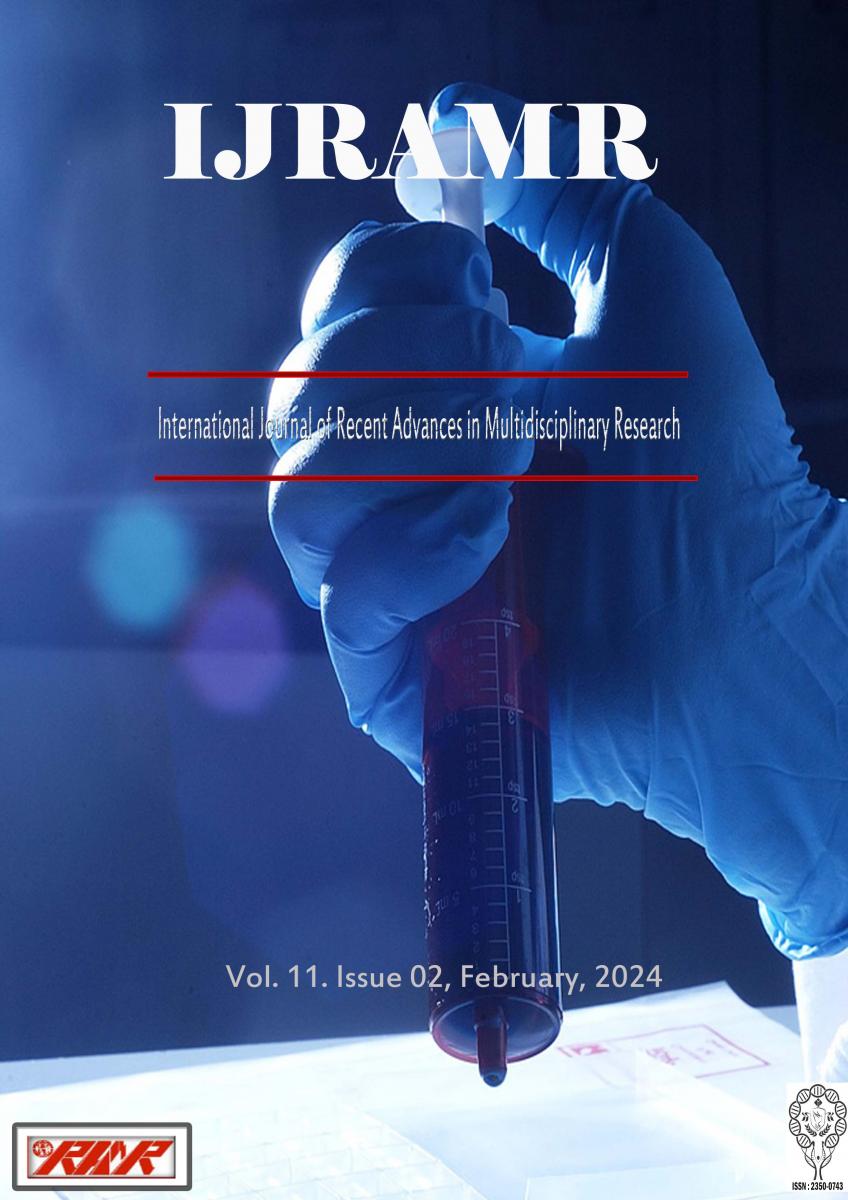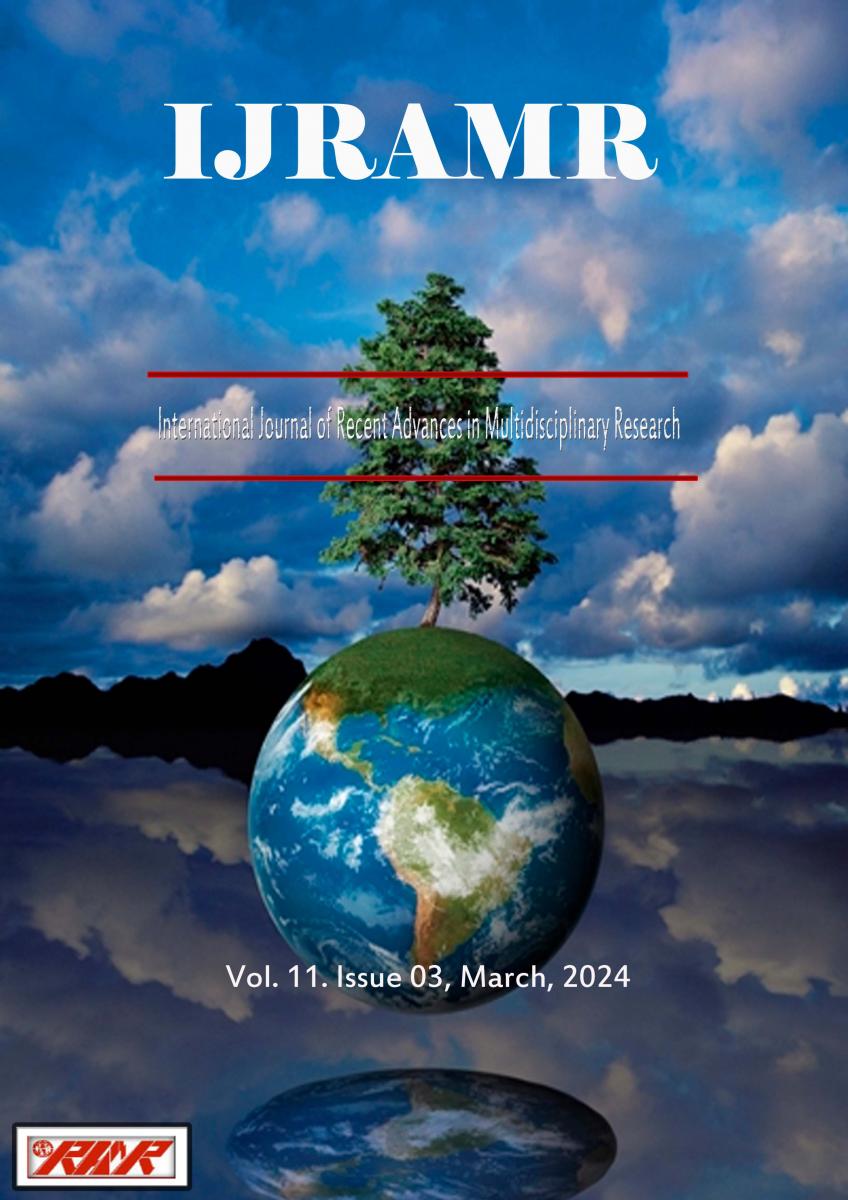Background: Intrauterine Contraceptive Device is a very reliable long-acting reversible contraceptive that can be used for many years. With Nigeria's relatively low contraceptive prevalence rate, the most populous country in Africa, it is important to explore factors associated with discontinuing intrauterine devices in its users. Objective: This study determined factors associated with discontinuation of intrauterine contraceptives in reproductive aged women. Methods: This was a descriptive retrospective cross-sectional study in which 687 reproductive-aged women, who hadintrauterine contraceptive devices (IUCD), at Lagos State University Teaching Hospital Family Planning clinic, over a 5-year period, were assessed for possible discontinuation and associated factors. Data were collected with a structured proforma designed for the study and analysed with relevant descriptive and inferential statistics at p<0.05. Results: The IUCD was the most selected contraceptive, by 90% of women, in the study clinic with a discontinuation rate of 11%. Women aged 31 to 40years accounted for about 45% of intrauterine contraceptive users were the most common group of users followed by women aged 41-50years. The average number of children by these women was 3. No nulliparous woman opted for IUCD during the study period. The commonest reason for discontinuation was the desire to get pregnant (19.7%) and menorrhagia and missing strings were other common causes. The women’s age and marital status significantly influenced IUCD discontinuation. Conclusion: Relatively older reproductive-aged women more readily opted for IUCD. Single and low parity women were more likely to discontinue its use for the desire to conceive.
